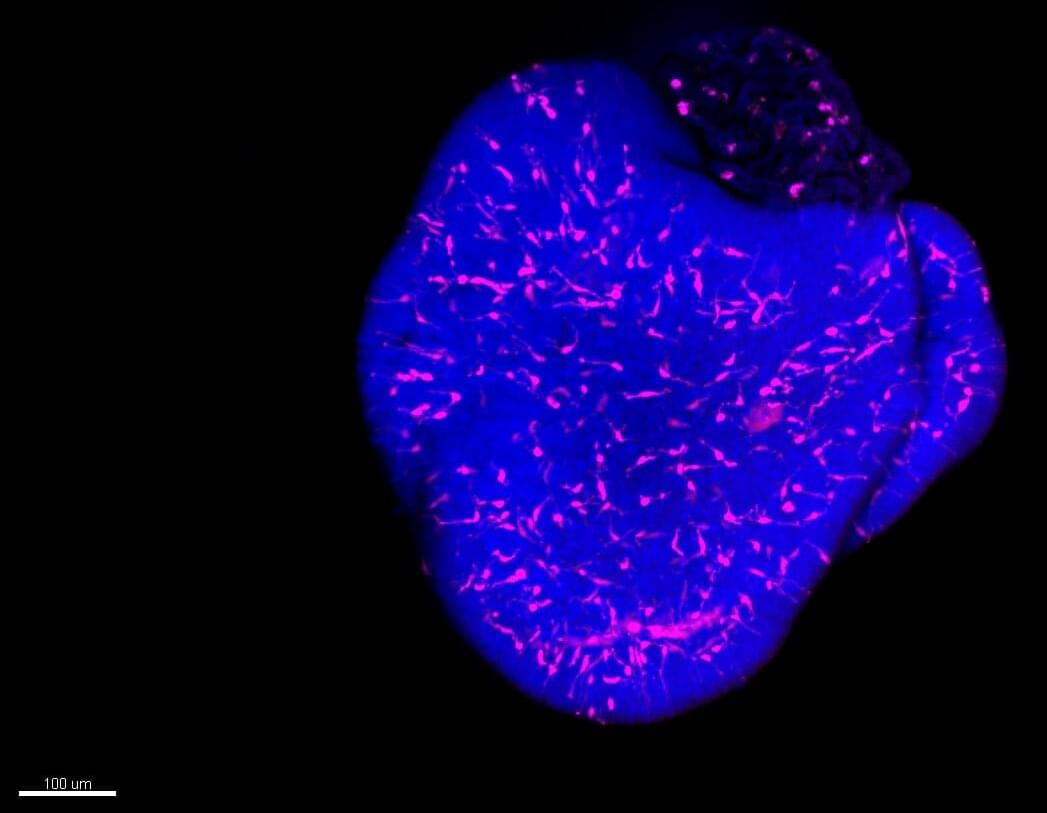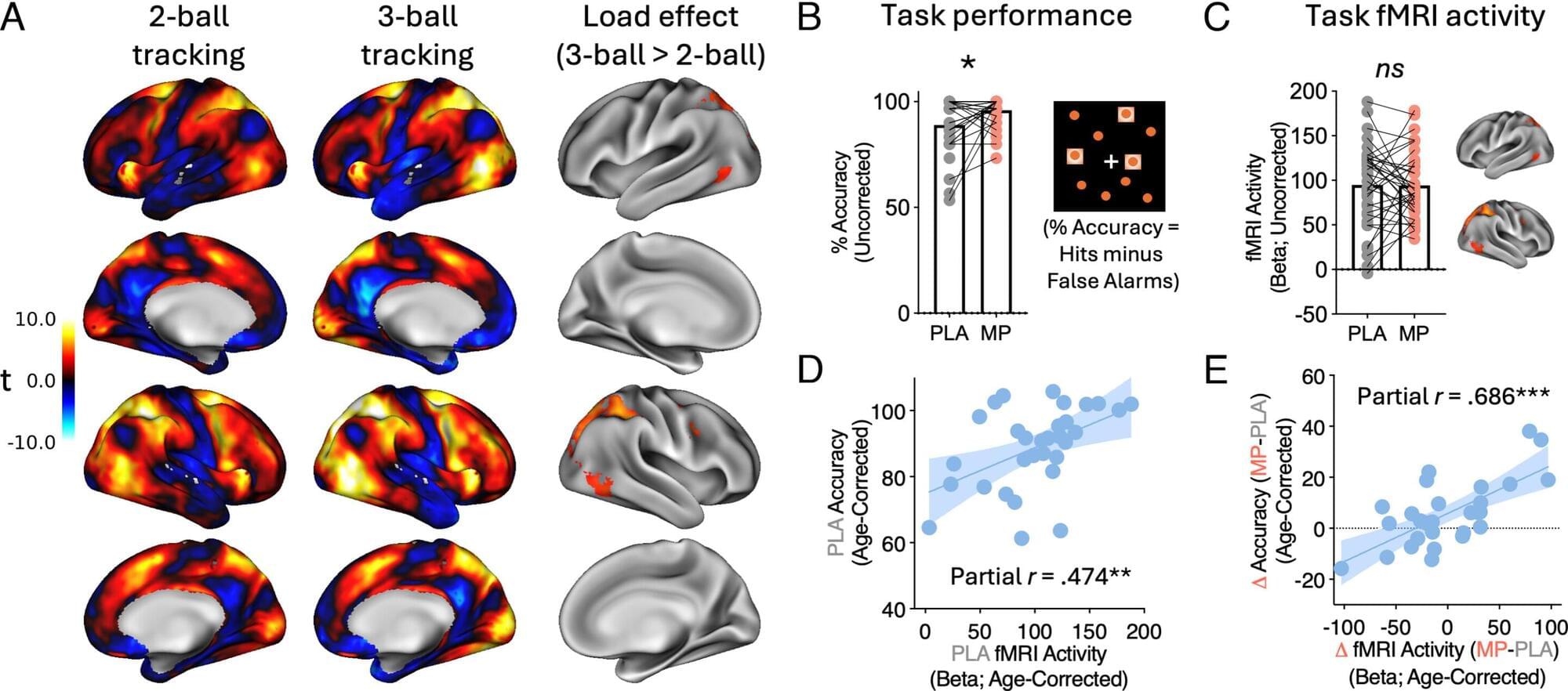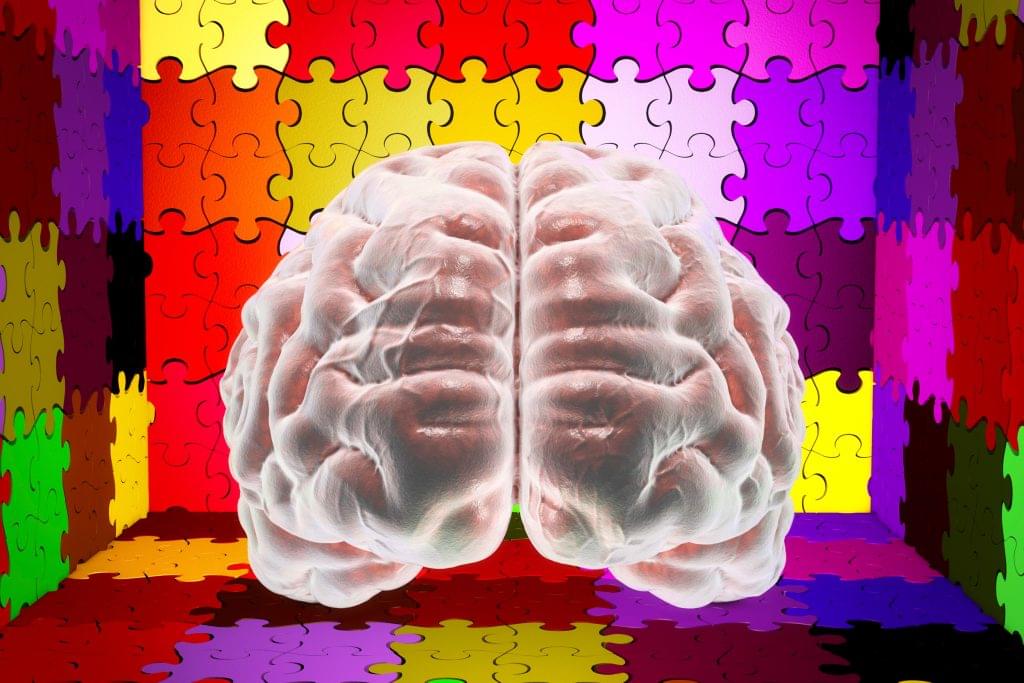Organoids have revolutionized science and medicine, providing platforms for disease modeling, drug testing, and understanding developmental processes. While not exact replicas of human organs, they offer significant insights.
The Siegert group at the Institute of Science and Technology Austria (ISTA) presents a new organoid model that reveals details of the developing nervous system’s response to viral infections, such as Rubella. This model could influence pharmaceutical testing, particularly benefiting drug safety for pregnant women.
Microglia are special cells in the human brain. Like a diligent ranger overseeing a forest and dealing with infestations and wildfires, microglia scan the brain environment for germs and initiate an anti-inflammatory response to remove them. They also monitor the quantity of neurons (nerve cells) and their connections to ensure optimal brain function in adulthood.









